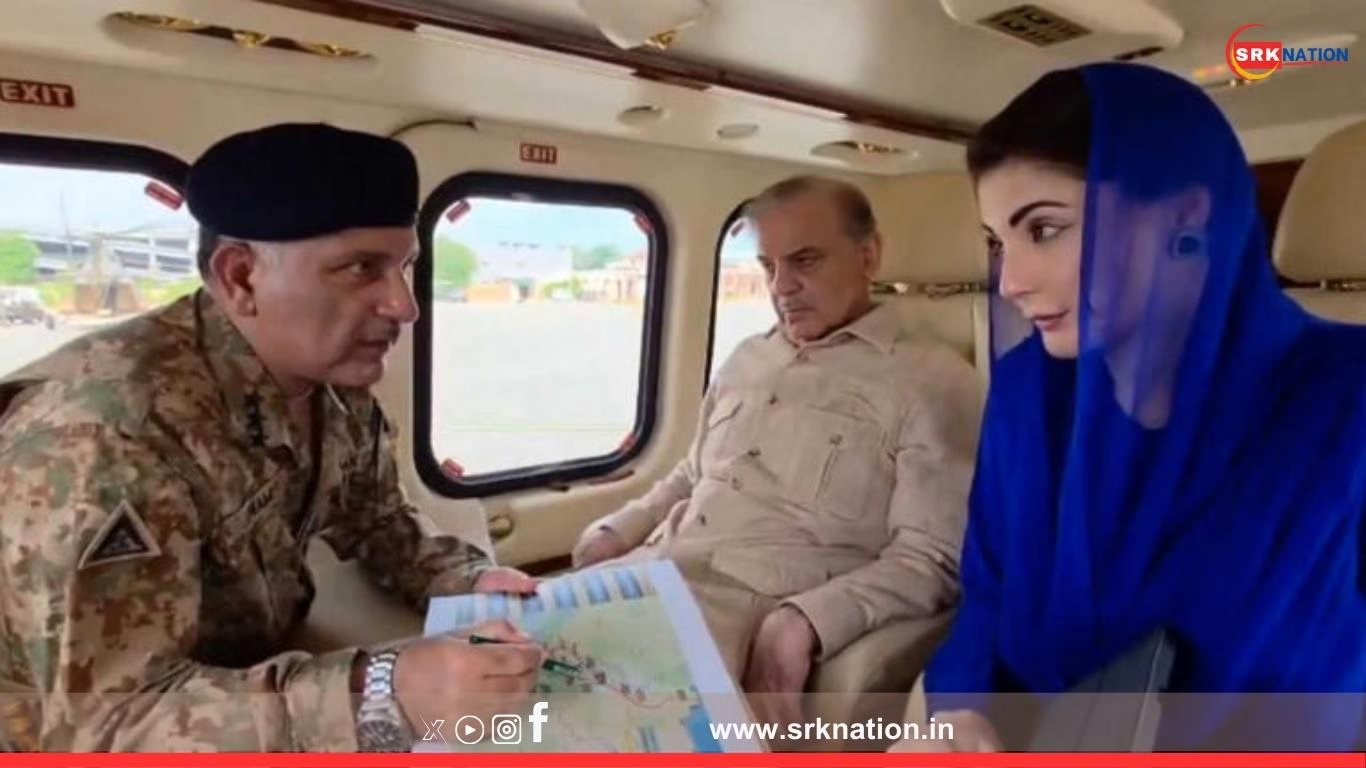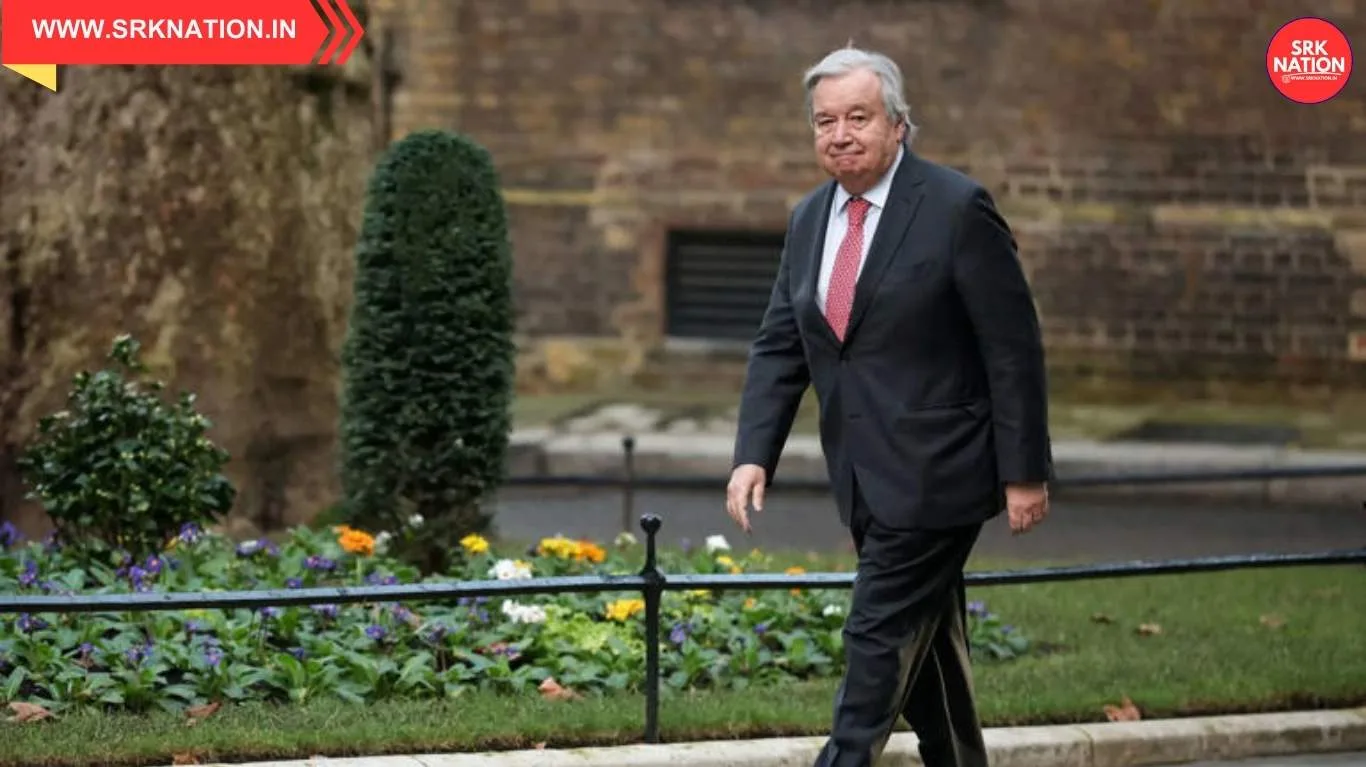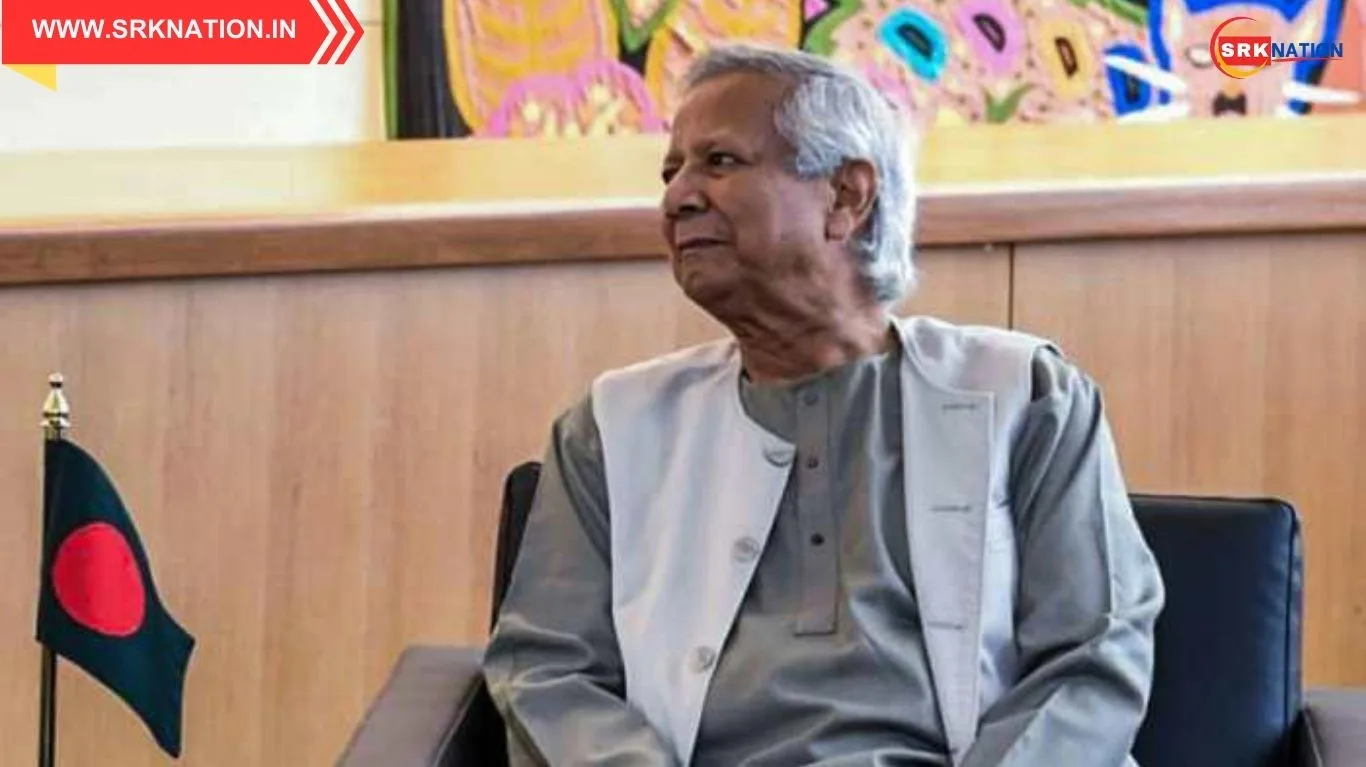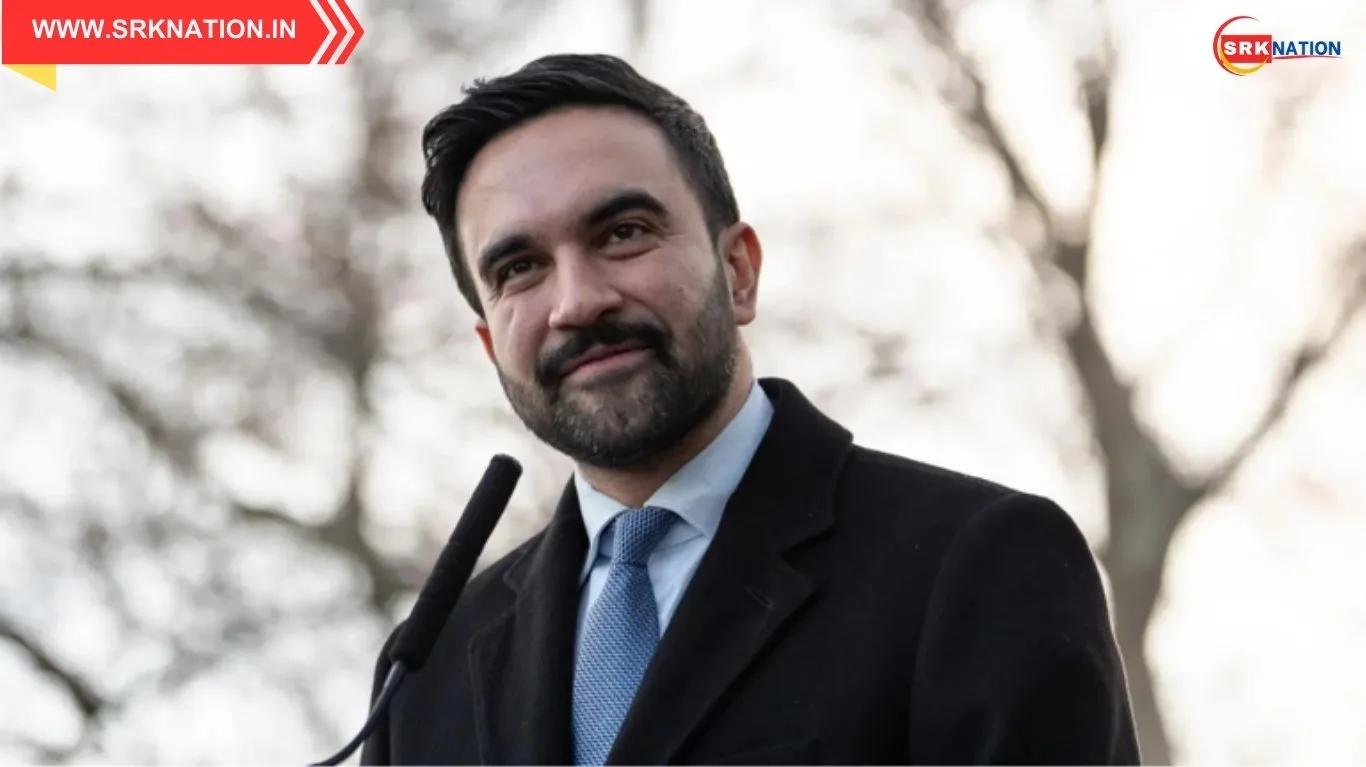As Pakistan reels under the impact of widespread flooding, particularly in Punjab and Khyber Pakhtunkhwa, public frustration is mounting—not just over the natural disaster, but also over what many perceive as a self-promotional governance style by Punjab Chief Minister Maryam Nawaz Sharif. The dual crisis has sparked intense debate across social media and political circles, with critics accusing the CM of prioritizing optics over action.
While thousands remain displaced and critical infrastructure lies submerged, Maryam Nawaz’s helicopter tours, stylized media appearances, and carefully curated statements have drawn sharp rebuke from citizens and commentators alike. The phrase “narcissistic governance” has gained traction online, with many accusing the CM of turning a humanitarian emergency into a personal branding exercise.
🧭 Timeline of Flood Events and Political Response
| Date | Event Description | Public Reaction |
|---|---|---|
| Aug 25, 2025 | Flood alerts issued across Punjab | Citizens begin evacuating low-lying areas |
| Aug 26, 2025 | Maryam Nawaz conducts aerial survey | Criticized for lack of ground-level engagement |
| Aug 27, 2025 | CM orders evacuation and resource mobilization | Mixed response; praised and questioned |
| Aug 28, 2025 | CM claims “timely action saved Punjab” | Accused of downplaying severity |
| Aug 29, 2025 | Social media erupts over PR-heavy flood coverage | #FloodsNotPhotoshoots trends nationwide |
Despite official claims of proactive measures, visuals of stranded families, submerged villages, and overwhelmed rescue teams have painted a grim picture of the ground reality.
📊 Flood Impact Overview: Punjab and Khyber Pakhtunkhwa
| Province | Districts Affected | Estimated Displaced | Infrastructure Damage |
|---|---|---|---|
| Punjab | Kasur, Pakpattan, Taunsa | 75,000+ | Roads, bridges, schools |
| Khyber Pakhtunkhwa | Swat, Charsadda, Nowshera | 40,000+ | Homes, hospitals |
| Sindh (minor impact) | Sukkur, Larkana | 10,000+ | Agricultural land |
The Sutlej River and its tributaries have overflowed due to heavy monsoon rains, prompting mass evacuations and emergency relief operations. However, many areas remain inaccessible, and relief distribution has been uneven.
🔍 Maryam Nawaz’s Flood Response: Optics vs Action
Maryam Nawaz has issued multiple directives to district administrations, Rescue 1122, and health departments. She has emphasized the need for snakebite vaccines, livestock relocation, and continuous monitoring of flood-prone zones. Yet, critics argue that her response has been more performative than practical.
| Action Taken | Description | Criticism Level |
|---|---|---|
| Aerial Surveys | Helicopter tours of flood-hit areas | High – seen as disconnected from reality |
| Media Statements | “Allah saved Punjab from devastation” | Moderate – viewed as politically loaded |
| Resource Mobilization Orders | Deployment of rescue teams and supplies | Mixed – praised but inconsistently executed |
| Social Media Campaigns | Flood updates via official handles | High – accused of image-building |
The CM’s emphasis on “timely action” has been challenged by visuals of delayed evacuations and overwhelmed shelters. Her critics argue that the administration’s response lacked urgency and coordination.
📉 Public Sentiment and Social Media Trends
The dual crisis has ignited a wave of online backlash, with hashtags like #FloodsNotPhotoshoots, #MaryamPRFail, and #PunjabUnderWater trending across platforms.
| Platform | Sentiment Summary | Trending Hashtags |
|---|---|---|
| Twitter/X | Satirical memes, citizen complaints | #FloodsNotPhotoshoots #MaryamNarcissism |
| Drone footage of submerged towns | #PunjabFloods2025 | |
| YouTube | Vlogs from affected areas, commentary videos | #PakistanFloodCrisis |
Many users have compared Maryam Nawaz’s flood response to previous leaders, noting a shift from ground-level engagement to curated media optics.
🔥 Political Reactions and Opposition Critique
Opposition parties, including PTI and JUI-F, have slammed the Punjab government’s flood management. PTI spokesperson Fawad Chaudhry said, “This is not governance, it’s a photoshoot parade. People need help, not hashtags.”
| Party/Leader | Statement Summary | Tone/Position |
|---|---|---|
| PTI (Fawad Chaudhry) | “PR over people—Maryam must act, not pose” | Strongly critical |
| JUI-F (Maulana Fazlur Rehman) | “Floods expose governance failure” | Critical, calls for inquiry |
| PPP (Bilawal Bhutto) | “Focus must be on relief, not rhetoric” | Neutral, urges coordination |
The federal government has pledged additional funds and logistical support, but coordination between provincial and central agencies remains patchy.
🧠 Expert Opinions on Crisis Management
Disaster management experts and civil society leaders have called for a more decentralized and community-driven approach to flood relief.
| Expert Name | Designation | Comment |
|---|---|---|
| Dr. Ayesha Siddiqui | Climate Resilience Analyst | “Floods are predictable—response must be proactive.” |
| Prof. Imran Khalid | Public Policy Scholar | “Leadership must be visible on the ground.” |
| Advocate Sana Malik | Human Rights Lawyer | “Relief must prioritize vulnerable populations.” |
They emphasized that climate-induced disasters require long-term planning, not just reactive measures and media management.
📌 Conclusion
Pakistan’s ongoing flood crisis has laid bare the challenges of disaster governance in a politically charged environment. While Punjab CM Maryam Nawaz Sharif insists that timely action prevented large-scale devastation, critics argue that her response has been more about optics than outcomes.
As thousands remain displaced and infrastructure lies in ruins, the need for transparent, accountable, and empathetic leadership has never been greater. Whether Maryam Nawaz can recalibrate her approach and deliver meaningful relief—or remain mired in accusations of narcissistic governance—will shape both her political legacy and the lives of those affected.
—
Disclaimer: This article is based on publicly available news reports and official statements as of August 30, 2025. It is intended for informational purposes only and does not constitute political, legal, or disaster management advice.











